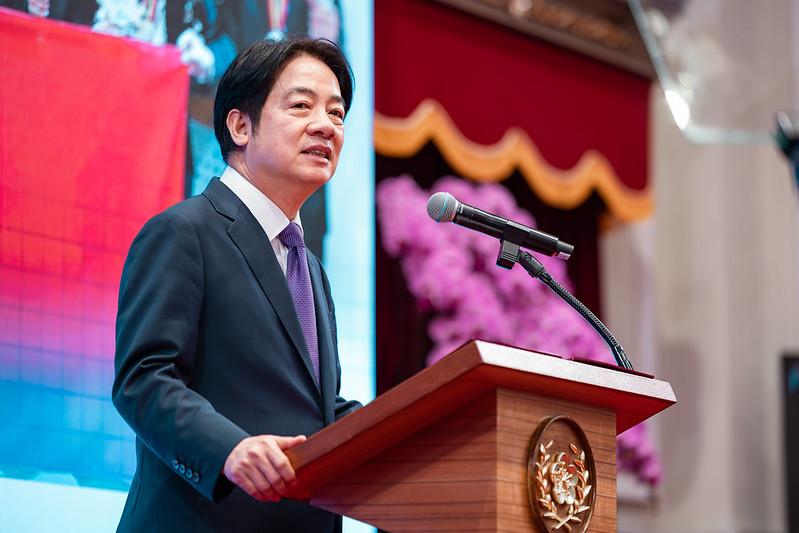Taiwanese President Lai Ching-te on Friday pledged to strengthen communication with the U.S. government to address President Donald Trump’s concerns about the chip industry while also vowing to increase investment in the United States.
Trump said on Thursday that all chip production had moved to Taiwan from the United States and that he wanted to bring manufacturing back to the country.




